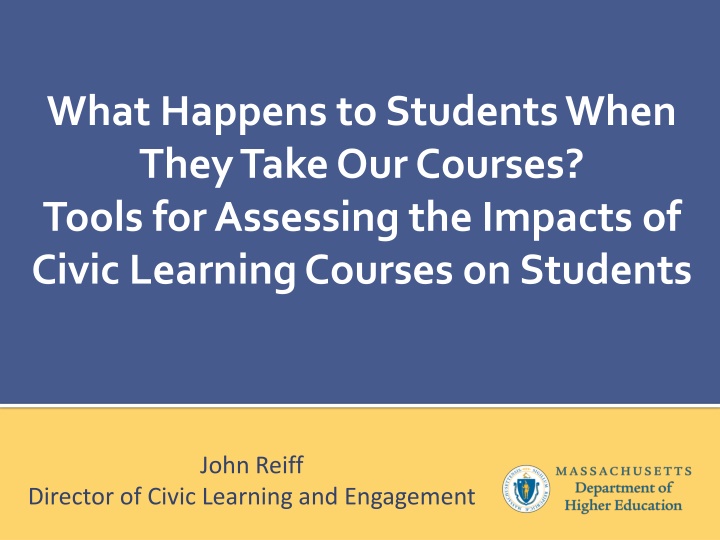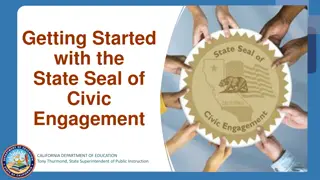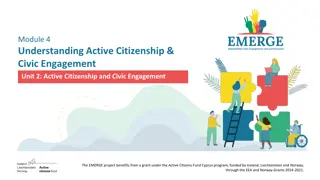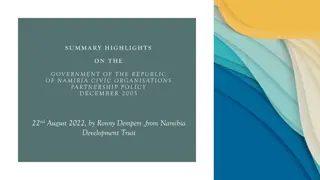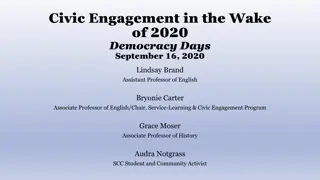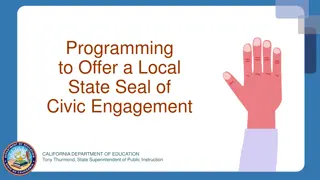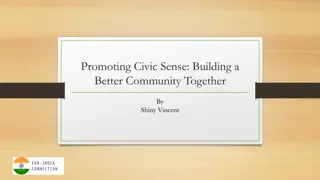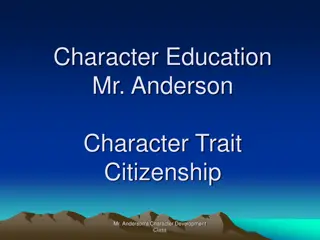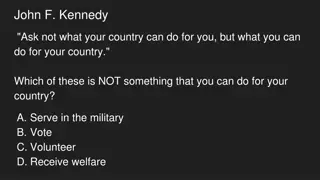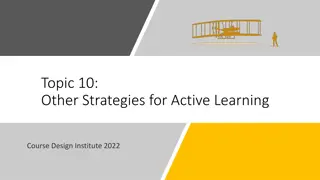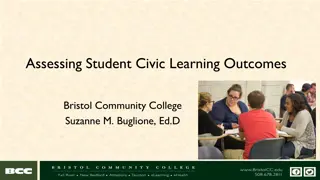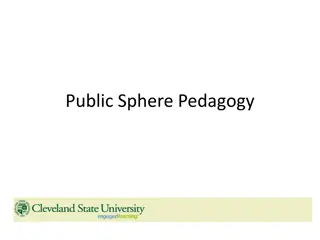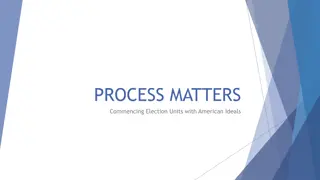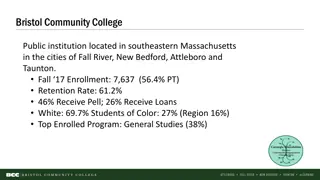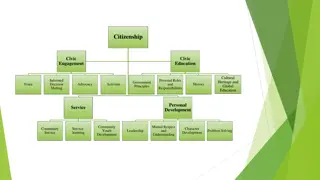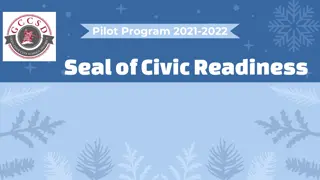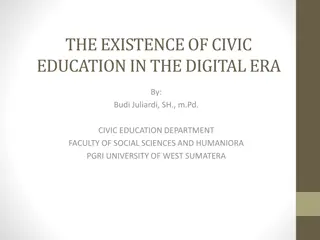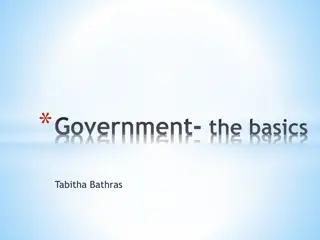Assessing Civic Learning Impacts on Students
Explore tools for evaluating the effects of civic learning courses on students, including assessing civic knowledge, skills, values, and engagement through rubrics. Access resources to enhance student preparation for active civic participation.
Download Presentation

Please find below an Image/Link to download the presentation.
The content on the website is provided AS IS for your information and personal use only. It may not be sold, licensed, or shared on other websites without obtaining consent from the author.If you encounter any issues during the download, it is possible that the publisher has removed the file from their server.
You are allowed to download the files provided on this website for personal or commercial use, subject to the condition that they are used lawfully. All files are the property of their respective owners.
The content on the website is provided AS IS for your information and personal use only. It may not be sold, licensed, or shared on other websites without obtaining consent from the author.
E N D
Presentation Transcript
What Happens to Students When They Take Our Courses? Tools for Assessing the Impacts of Civic Learning Courses on Students John Reiff Director of Civic Learning and Engagement
What is needed for students to be prepared to participate effectively in civic life? Civic knowledge, skills, & values Civic engagement 2
How Can We Assess What Students Have Learned? Telling vs. Showing: Student report vs. student performance Using an Assessment Rubric: Overall concept, components, performance levels, performance descriptors AMCOA and AAC&U VALUE Rubrics as examples Civic Knowledge and Civic Values Rubrics 3
Civic Values Rubric What social and political values underlying democratic structures and practices do citizens need to understand? Sources for the DHE Rubrics: Preparing Citizens, the 2014 report of the Study Group on Civic Learning and Engagement, Appendix B, which draws on AAC&U s A Crucible Moment: Higher Education & Democracy s Future, p. 4, 2012. 4
Civic Values Rubric Capstone (4) Milestone (3) Milestone (2) Benchmark (1) Empathy Open- mindedness Civic Negotiation Diversity Human Dignity Social Justice Public Good 5
Civic Knowledge Rubric 4 Capstone 3 Milestones 2 Milestones 1 Benchmark Key Concepts Underlying Democratic Societies Forces That Shape Civic Life Integrated Identity Concerning Civic Rights and Responsibilities Relationships Between Government and Systems of Belief Political Systems and Levers of Power Social Movements 6
Following Up Civic Learning Rubrics may be accessed at: civiclearningrubrics.wordpress.com. We encourage you to test out the rubrics with a group of colleagues and samples of student work. You can reach John Reiff to get support and provide feedback at jreiff@bhe.mass.edu. 7
